They died recently, leaving a legacy of achievement…
Gerald Edelman, 84, co-winner of the 1972 Nobel Prize in medicine, explained the process by which antibodies in the immune system defend the body against infection and disease. He launched his research at Rockefeller University.
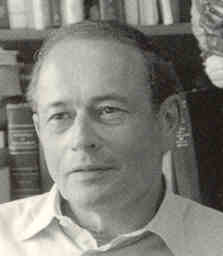
Gary Becker, 83, won the 1992 Nobel Prize in economics, illuminating people’s motivations regarding racial discrimination, crime, addiction, marriage and so on. He was affiliated with the University of Chicago.
Robert Neuwirth, 80, a gynecologist and professor at Columbia University’s College of Physicians and Surgeons, developed minimally invasive techniques that enabled many women to forego hysterectomies.
Joseph Sax, 78, was a lawyer who played a central role in shaping environmental law in the United States, laying the groundwork for the now accepted doctrine that natural resources are a public trust to be protected by the government.
David Sive, 91, was one of the first American lawyers to specialize in environmental law, working to preserve wilderness areas in the northeast and Alaska from pollution and development.
Saul Zaentz, 92, an independent film producer, produced a bevy of award-winning movies — One Flew Over the Cuckoo’s Nest, Amadeus and The English Patient. Among his other pictures were The Unbearable Lightness of Being and The Mosquito Coast.
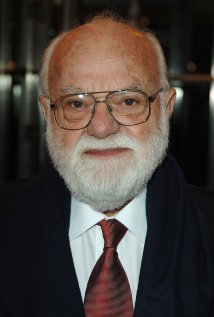
Paul Mazursky, 84, worked in film industry from the 1960s to the 1990s, directing movies that reflected shifts in American norms and values. Apart from Bob & Carol & Ted & Alice, Blume in Love and An Unmarried Woman, he directed Enemies, a Love Story, Next Stop, Greenwich Village and Down and Out in Beverly Hills.
Sid Caesar, 91, was a comedian in the early days of U.S. television, appearing in Your Show of Shows and Caesar’s Hour.
Harold Ramis, 69, was a writer, director and actor, and was associated with such comedic films as Groundhog Day, Ghostbusters, Animal House and Meatballs.
Eli Wallach, 98, was a character actor in film, TV and onstage. His credits included The Diary of Anne Frank, The Good, The Bad and The Ugly and The Godfather (111).
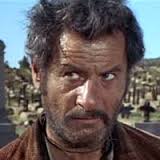
Efrem Zimbalist Jr., 95, starred in two popular American crime series, 77 Sunset Strip and The FBI.
Assi Dayan, 68, an Israeli actor and son of Moshe Dayan, appeared in three classic made-in-Israel films: He Walked Through the Fields, Halfon Hill Doesn’t Answer and Life According to Agfa.
Hal Douglas, 89, was a voice-over announcer in movie trailers ranging from Forrest Gump and Lethal Weapon to Philadelphia Story and Meet the Parents.
Thomas Sherak, 68, was president of the Academy of Motion Picture Arts and Sciences from 2009 to 2012. As a movie executive at 20th Century Fox, he supervised the release of Titanic and There’s Something About Mary.
Gerry Goffin, 75, wrote and co-wrote some of the biggest hit songs of the 1960s — Will You Love Me Tomorrow?, The Loco Motion and Go Away Little Girl.
Marta Eggerth, 101, was a Hungarian-born soprano known as the Maria Callas of operetta, appearing in Franz Lehar’s The Merry Widow and in two Hollywood musicals, For Me and My Gal and Presenting Lily Mars.
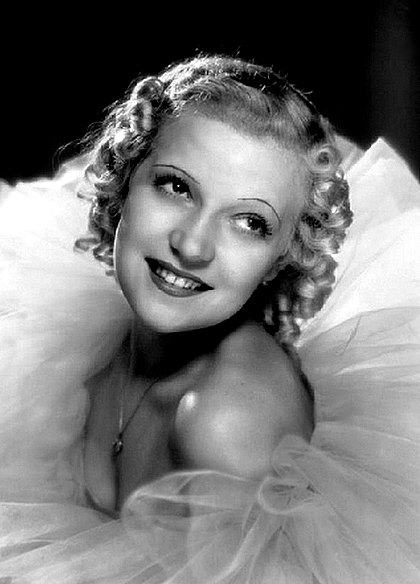
Julius Rudel, 93, a Viennese refugee from Nazism, was the principal conductor of the City Opera in New York from 1957 to 1979.
Stefanie Zweig, 81, was the German-born author of Nowhere in Africa, a best-selling autobiographical novel set in Kenya and made into an eponymous German film, which won the Academy Award in 2003 for best foreign-language movie.
Juan Gelman, 83, was an Argentine poet whose books, including Violin and Other Issues, were widely read in Latin America and Spain,
Sherwin Nuland, 83, a physician, wrote the best-seller How We Die, as well as Doctors: The Biography of Medicine, The Wisdom of the Body and The Uncertain Art.
Daniel Keyes, 86, wrote the best-selling novel Flowers for Algernon, which inspired the movie Charly.
Al Feldstein, 88, was the editor of Mad, the satirical magazine, from 1956 to 1985.
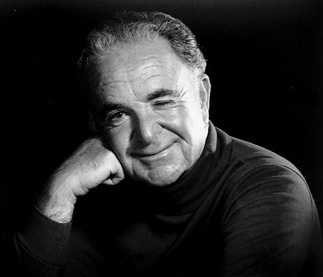
Justin Kaplan, 88, was a literary biographer, winning the Pulitzer Prize in 1967 for Mr. Clemens and Mark Twain and the National Book Award in 1980 for Walt Whitman: A Life.
Oscar Dystel, 101, revived Bantam Books and took it to greater heights by publishing Battle Cry by Leon Uris, Valley of the Dolls by Jacqueline Susann and The Exorcist by William Peter Blatty. He also acquired the rights to J.D. Salinger’s The Catcher in the Rye.
Robert Strauss, 95, was a political insider in Washington, D.C., helping Jimmy Carter win the U.S. presidency in 1976 and then serving as his special trade representative and Middle East envoy. In 1991, he was appointed ambassador to the Soviet Union.
James Schlesinger, 85, an economist, held top positions in the U.S. government — secretary of defence under Presidents Richard Nixon and Gerald Ford and secretary of energy under President Jimmy Carter. He was also director of the Central Intelligence Agency and chairman of the Atomic Energy Commission.
Thomas Polgar, 91, was Saigon station chief of the Central Intelligence Agency when the North Vietnamese army conquered the capital of South Vietnam in April 1975. Born in Hungary, he and his family immigrated to the United States in 1938. He joined the CIA in 1947 and served in Berlin, Mexico City and Buenos Aires.
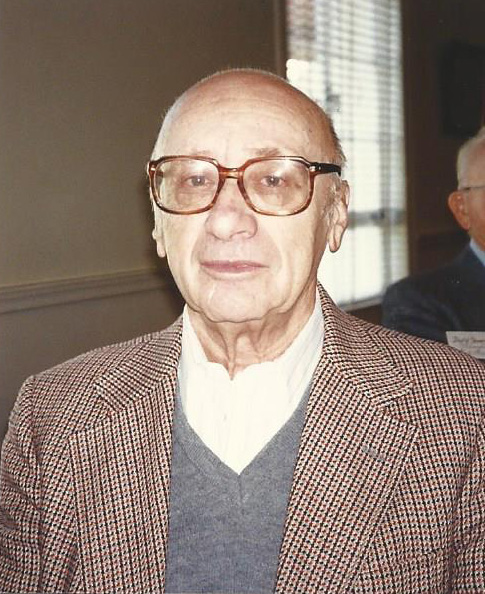
Samuel Lewis, 83, was the U.S. ambassador to Israel from 1977 to 1985, during which Egyptian President Anwar Sadat visited Jerusalem, Israel and Egypt signed a peace treaty and Israel twice invaded Lebanon.
Gabriel Kolko, 81, was an historian and the author of The Triumph of Conservatism: A Reinterpretation of American History, 1900-1916 and The Politics of War: The World and the United States Foreign Policy, 1943-1945, among others.
Donald Forst, 81, edited major U.S. newspapers — The Boston Herald, The Village Voice and New York Newsday.
Raymond Weil, 87, founded a Swiss watch company whose high-end luxury models cost $20,000 or more.
Arthur Ortenberg, 87, was one of the founders of the billion-dollar Liz Claiborne fashion empire, which at one point was the largest women’s apparel manufacturer in the United States.
Paul Ash, 84, and his brother founded Sam Ash Music, the biggest family-owned American chain of musical instrument stores.
Jacob Birnbaum, 88, started the movement to liberalize the Soviet Union’s rigid emigration policies. His struggle led to the formation of the American Jewish Conference on Soviet Jewry and the immigration of more than 1.5 Soviet Jews to Israel, the United States, Canada and other countries.
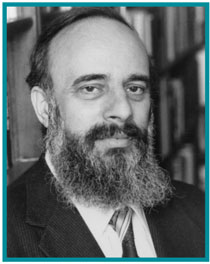
Lee Lorch, 98, a mathematician, was at the center of a protest movement to make housing discrimination illegal in the United States, playing a key role in forcing Metropolitan Life Insurance Company to desegregate Stuyvesant Town, a massive real estate development in eastern Manhattan.
Ron Pundak, 59, an Israeli academic, took part in the early secret talks that led to the 1993 Oslo peace process. From 2001 to 2012, he was the director of the Jaffa-based Peres Center for Peace, whose mandate was to try to improve Israel’s relations with Palestinian Arabs.
Avraham Shalom, 86, was director of the Shin Bet, Israel’s internal intelligence agency, from 1980 to 1986. His career was upended by the Bus 300 affair in 1984. In 1960, he was deputy commander of a team that captured Nazi war criminal Adolf Eichmann in Buenos Aires. He was interviewed in The Gatekeepers, a 2012 Israeli documentary.